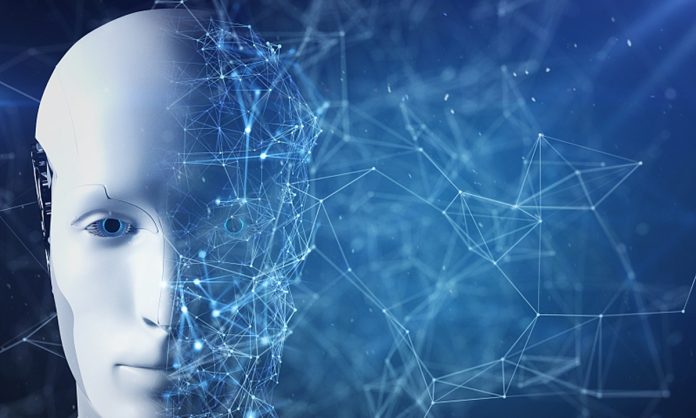In the fast-evolving landscape of artificial intelligence (AI), recent legal battles have spotlighted the challenges surrounding copyright infringement related to AI-generated content (AIGC). The conclusion of a landmark case in China, where the plaintiff emerged victorious but waived compensation, highlights the ongoing debate over the copyright status of AI-created works. In this article, we delve into the intricacies of this legal battle, exploring the nuances of AI-generated content copyright and the implications for the broader AI industry.
The Beijing Internet Court Verdict
The recent case in China involved plaintiff Li Yunkai, who secured a victory in a copyright infringement lawsuit over AI-generated images. While Li waived the nominal compensation from the defendant, he emphasised the need for clarity on whether AI-generated content constitutes original work with copyright protection.
The Beijing Internet Court acknowledged the AI-generated image as original ‘artwork’ under copyright laws. However, crucially, it emphasised the need for a case-by-case assessment, suggesting that the determination of copyright for artificial intelligence-generated content (AIGC) should consider whether a human or the machine is the subject of the right.
The Subject of Copyright: Human vs. Machine
Li Zonghui, the vice president of the Institute of Cyber and Artificial Intelligence Rule of Law, noted that current copyright laws define the subject as authors, citizens, legal persons, and social organisations, excluding non-human entities like AI. This brings to the forefront a fundamental question: Can AI itself be recognised as an author with copyright rights?
In the United States, a similar debate unfolded in 2018 when the Copyright Office received its first AI-generated work registration application. The application, filed by Stephen L. Thaler for an image titled ‘A Recent Entrance to Paradise,’ was rejected in 2023. The court asserted that AI, as a non-human entity, does not qualify for copyright protection.
The Role of Human Input in AIGC
The Beijing Internet Court’s ruling hinged on the principle of protecting the rights of ‘human beings.’ It suggested that if an AI-generated image reflects the original intellectual investment of a human being, it qualifies as artwork protected under copyright law. However, determining the extent of human intellectual contribution poses a challenge.
Li Yunkai’s case involved the plaintiff designing visual elements, providing prompts, and setting parameters for the image-generating AI. The court deemed this continuous involvement a reflection of the plaintiff’s aesthetic choices and personal judgement. However, the key question remains: What level of input is required from a human to claim copyright for an AI-generated work?
Challenges in Determining Originality
Legal experts point out that if an AI work is entirely generated without human contribution, it may not be subject to copyright infringement. The decisive factor lies in the prompts and parameters given to the machine, determining the level of originality. Critics argue that merely providing prompts for AI may result in minimal intellectual contribution, raising concerns about the ease with which AI-generated content can be created.
AI systems’ capacity for large-scale replication also raises concerns. Granting copyright protection to all AI-generated content could stifle innovation, as it may flood the market with a vast number of similar works, potentially hindering creativity.
Beyond Images: Legal Disputes over Virtual Humans
In addition to images, legal disputes involving AI extend to virtual humans. A 2022 case in Hangzhou saw a technology company uploading a video featuring Ada, a virtual human created by Xmov Technology. The court ruled in favour of Xmov, emphasising the connection between virtual humans and copyright law, as well as the right of portrait and personality in civil law
Li Zonghui noted that whether a virtual human is protected by copyright law depends on its design. If it’s entirely new, it may be considered an artistic work. However, if it resembles a real person, permission from the right of personality holder is necessary.
Implications for the AI Industry
The resolution of these copyright disputes sets a precedent for the broader AI industry. As more cases emerge, the industry faces increased costs and market entry barriers. The uncertainty surrounding AI-generated content copyright, coupled with the potentially lengthy legal proceedings, may impede the industry’s progress.



